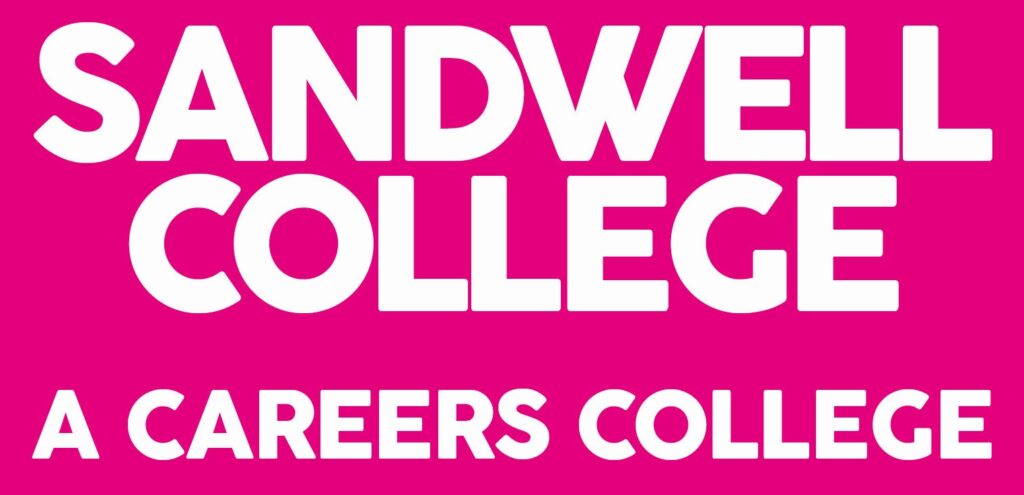At Sandwell College, we have a huge range of courses on offer and different types of qualification. Picking the right route for you after GCSEs is important and you need to gain an understanding of the different types of qualification on offer to work out which route works best for you.
What’s the difference?
What’s important is matching your ambitions and strengths to the options available to ensure you get the best results.
BTECs
BTECs combine practical learning with subject and theory content; they are flexible studies that can be studied as a stand-alone course. BTEC Nationals at level 3 are the equivalent to A levels and can be used to apply for a place at university.
If you study a BTEC, you will be continually assessed through coursework and practical evaluation which suits some pupils much more than the exam-based A Levels. Universities are increasingly aware of this and the BTEC is looked on more favourably year on year.
We have a huge range of BTECs on offer so take a look at them here.
T-Levels
T Levels are an alternative to A Levels, apprenticeships and BTECs. Combining academic study of A Levels with a focus on vocational skills can help students into skilled employment, university or higher level apprenticeships. Each T Level includes an industry placement of at least 45 days giving students valuable experience in the workplace.
Students who study T Levels get the benefit of leaving college with work experience on their CV as well as benefitting from studying at the college (e.g. free bus pass).
Apprenticeships
Apprenticeships are a job and a qualification at the same time. Yes, that’s right, you’ll be paid a salary whilst completing your qualification. We have apprenticeships in various industries including Automotive, Construction, Engineering, Health & Social Care, Dental, Hairdressing, Business Admin, Customer Service and Childcare. Apprenticeships have varying levels depending on entry requirements and experience.
Apprenticeships differ from BTECs and T Levels as they are mostly workplace-based (rather than classroom-based). Depending on which apprenticeship you choose, the general rule of thumb is you’ll spend four days in the workplace and one day studying in college.
Check out our range of apprenticeships here.
